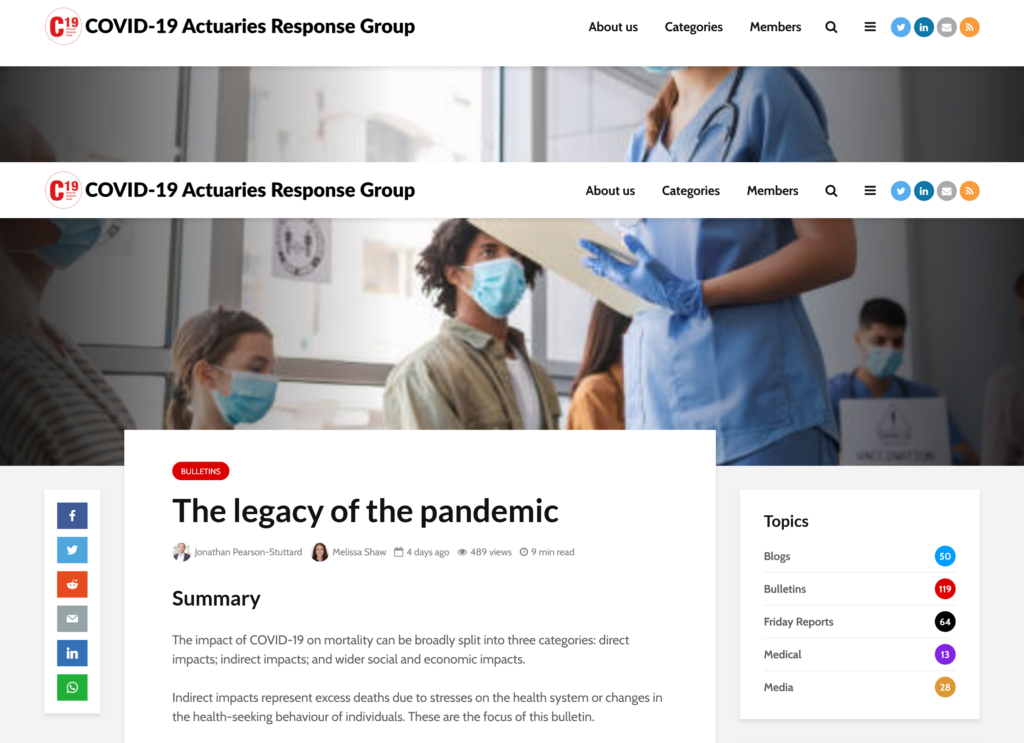George Formby, Tony Benn and George Orwell. What do they have in common?
If this isn’t one for the pub-quiz… what is!
Give up? I’ll tell you…
…during World War ll, they were all members of the Home Guard.
The history of the Home Guard is really interesting; Churchill’s finger prints all over it, mired in controversy and argy-bargy, from the off.
Nevertheless, they were brave men and women.
By the time the war was over they’d clocked up a George Cross, 13 George Medals, a Military Medal, 24 CBE, 129 OBE, 396 MBE, 58 King’s Commendation for Bravery and one Mentioned in Despatches.
They did their bit and since, immortalised in BBC’s Dad’s Army, written by Jimmy Perry and David Croft.
The series was loosely based on Perry’s experiences in the Home Guard. It’s still on the telly. TV-Gold.
The use of volunteers is well established.
The contribution they make to the NHS… invaluable. Over 400,000 signed-up to help during Covid.
The ratio of staff-to-volunteers in acute trusts ranges from 2:1, to 26:1. Something the NHS Longterm Plan was set to change by backing the ‘Helpforce programme’, with £2.3 million, to double the number of NHS volunteers.
What happened? Dunno.
What I do know is the role of volunteers, retirees and ‘civilian helpers’ is back on the agenda.
In an NHSE letter to Trusts, last week, entitled; ‘Enabling the workforce for elective recovery’, the idea of enticing former colleagues out of retirement, ranks, in terms of emphasis, right alongside the promise to sort out the pension-palaver for consultants and workforce innovation and design.
The letter found its way into public and was mocked by the press who seized on the Dad’s Army connotation.
Don’t be put off. It’s a sensible letter and the first one I’ve seen, recognising we are not going to have enough people anytime soon… and an effort to do something positive.
If it is the combined influence of the new NHSE chairman Richard Meddings and Jim Mackey… good!
They realise;
… when there’s not much you can do, the thing to do is… everything you can do.
…when there’s not much wriggle-room… wriggle.
But… you knew there has be a ‘but’!
The struggle to resolve workforce is ginormous and now a new problem has turned up that is likely to make it worse.
At the end of last week a report was published, from the Covid-19 Actuaries Response Group.
It says;
‘… at this stage of the pandemic… mortality impacts are shifting from direct to indirect…’
Direct to indirect… that’s important…
‘… if care pathways do not rapidly return to pre-pandemic levels… the… pandemic will affect the standard of healthcare, morbidity and mortality across the UK… for years to come.’
In plain English;
… people will be suffering the consequences of Covid for a longtime yet and this will impact population health and that will complicate the routine problems patients routinely present with.
The success of healthcare systems depends on offering timely access…
… we have trouble doing that.
Survival from life threatening conditions depends on access to timely care…
… we have trouble offering that.
Returning to function when serious illness is made worse, by post-covid complications, will increase a patient’s ‘dwell-time’ in the services…
… we already have trouble with through-put.
The disruption of services due to the pandemic is far from over and we know, the state of the workforce is woeful. Add to that ‘routine’ patients with Covid complications…
… it means more trouble.
As the report tells us;
‘…at this stage of the pandemic… mortality impacts are likely to shift from direct to indirect.
We must… identify the magnitude of these impacts and the extent to which they are asymmetric across the population.’
And concludes…
‘…if care pathways do not rapidly return to pre-pandemic levels, then the Covid-19 pandemic may impact the standard of healthcare, morbidity and mortality across the UK for years to come.’
The upshot is this…
A Covid legacy; millions of people will be living, in poorer health, for longer. That means, a lot of sick people will be a lot sicker and need a lot more looking after by a lot more people than we have.
Meddings and Mackey are right, we’re going to need all the help we can get.
News and Comment from Roy Lilley
Contact Roy – please use this e-address roy.lilley@nhsmanagers.net
Reproduced at thetrainingnet.com by kind permission of Roy Lilley.








